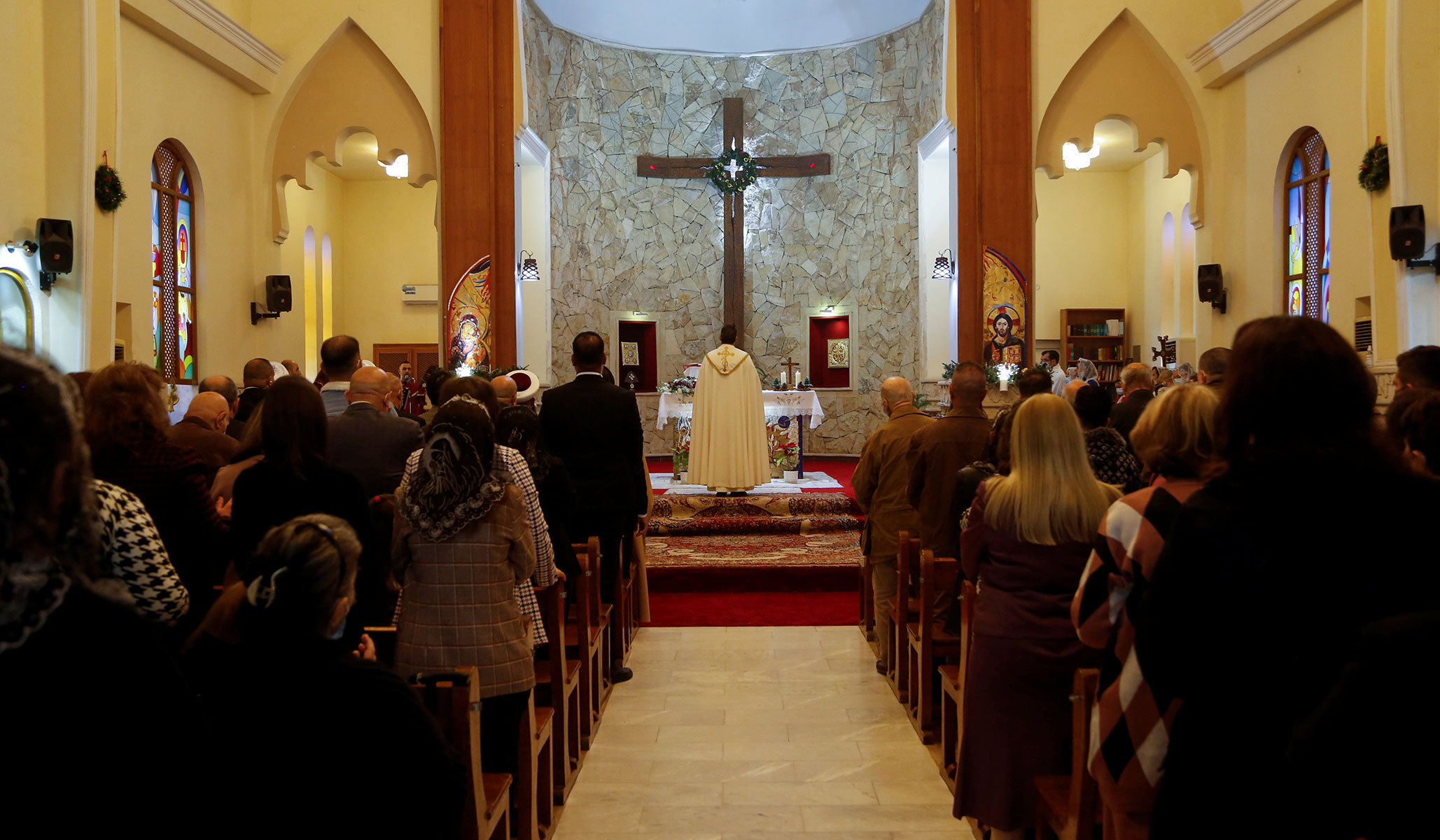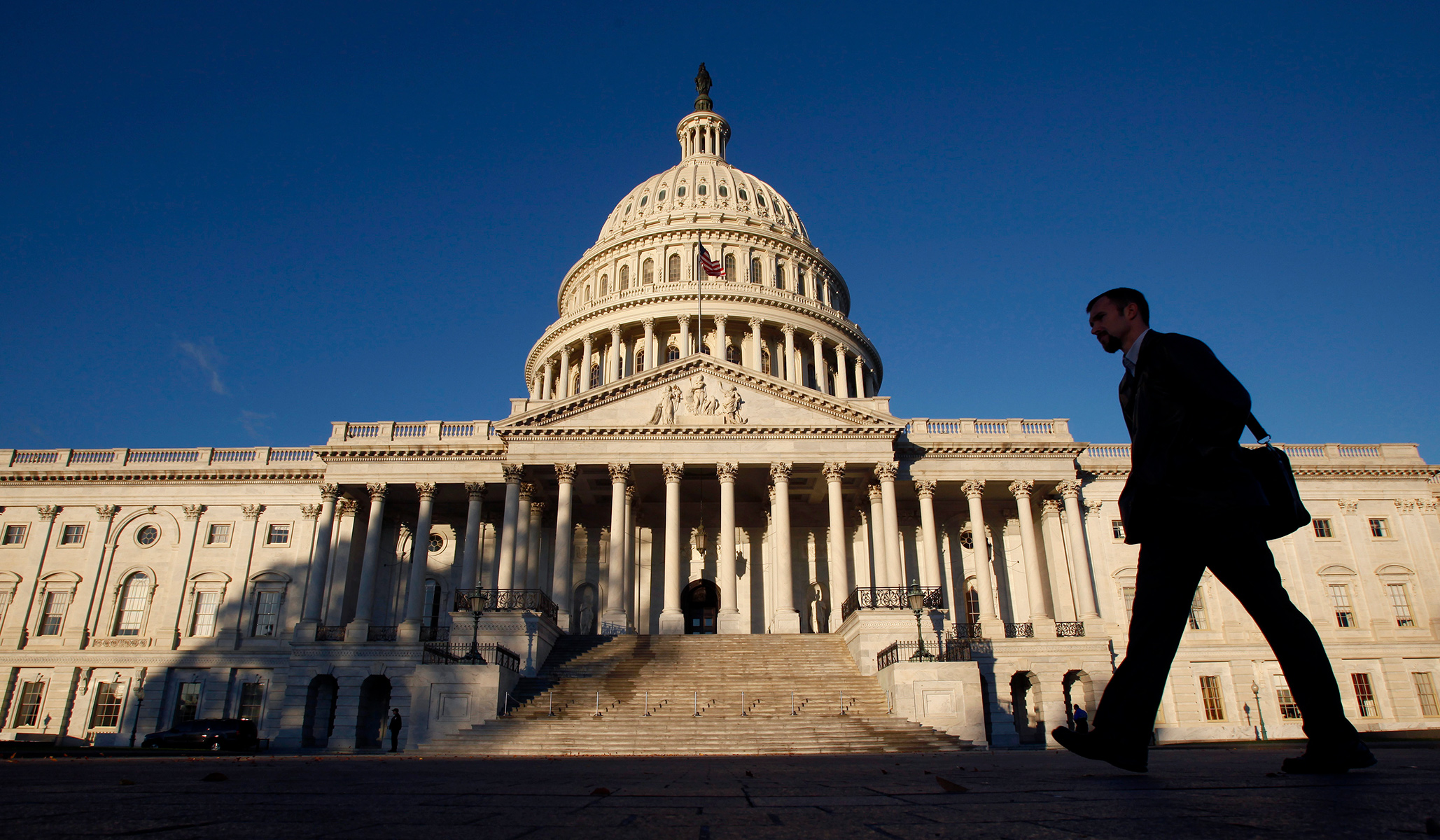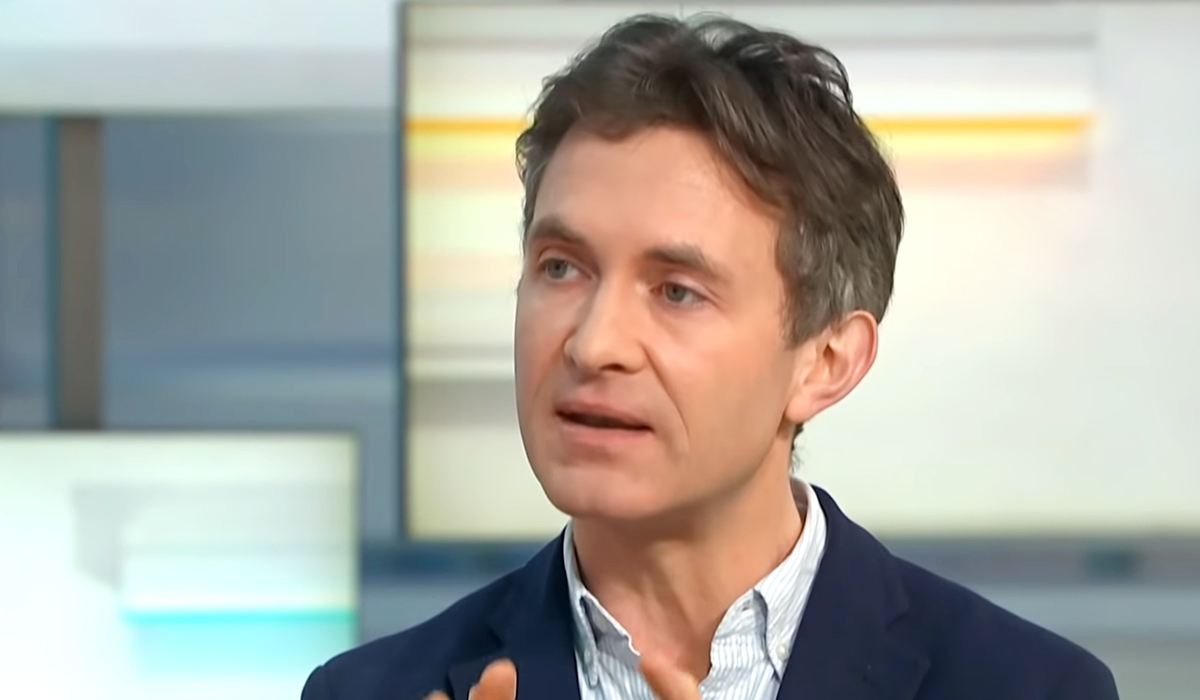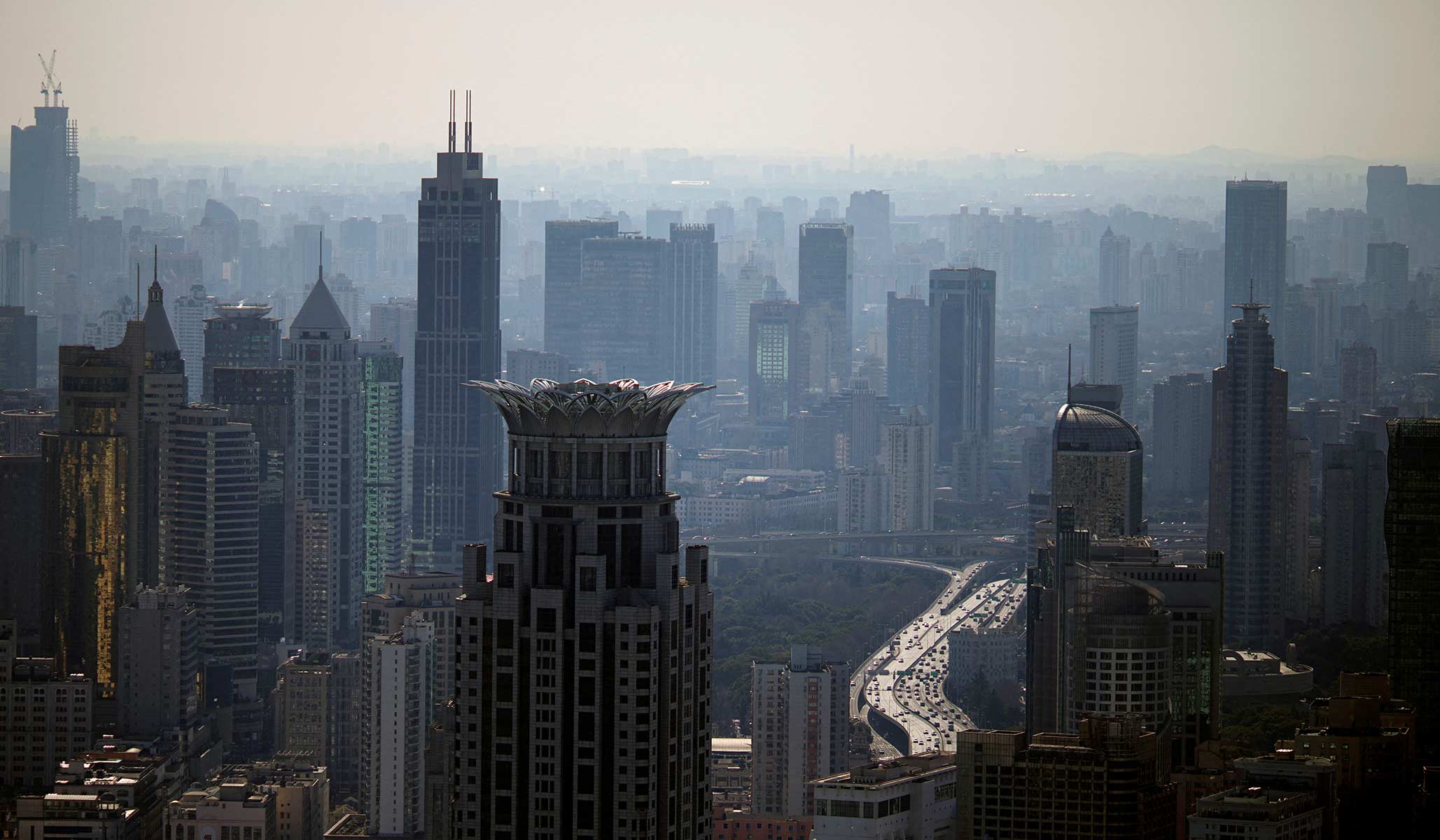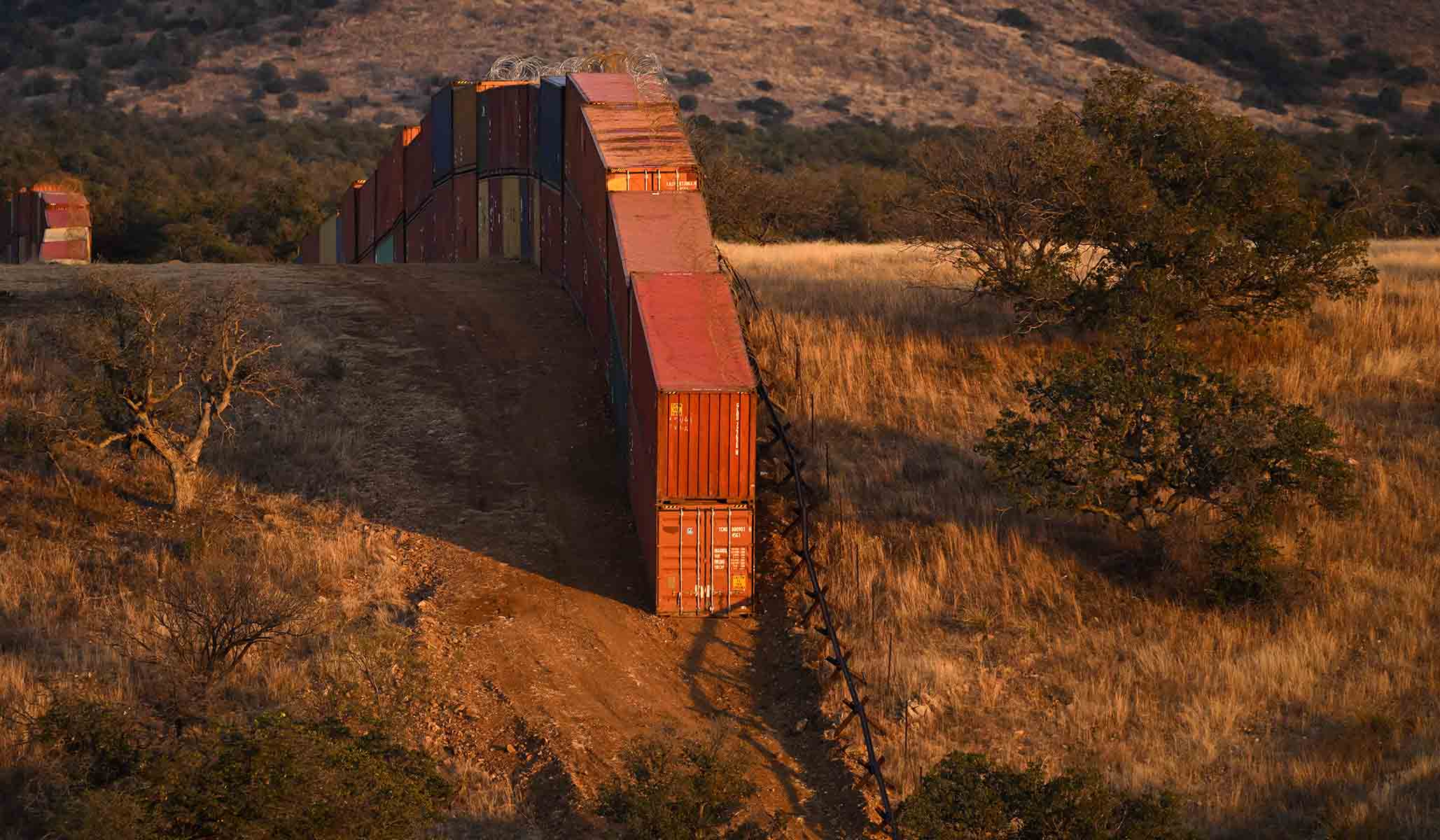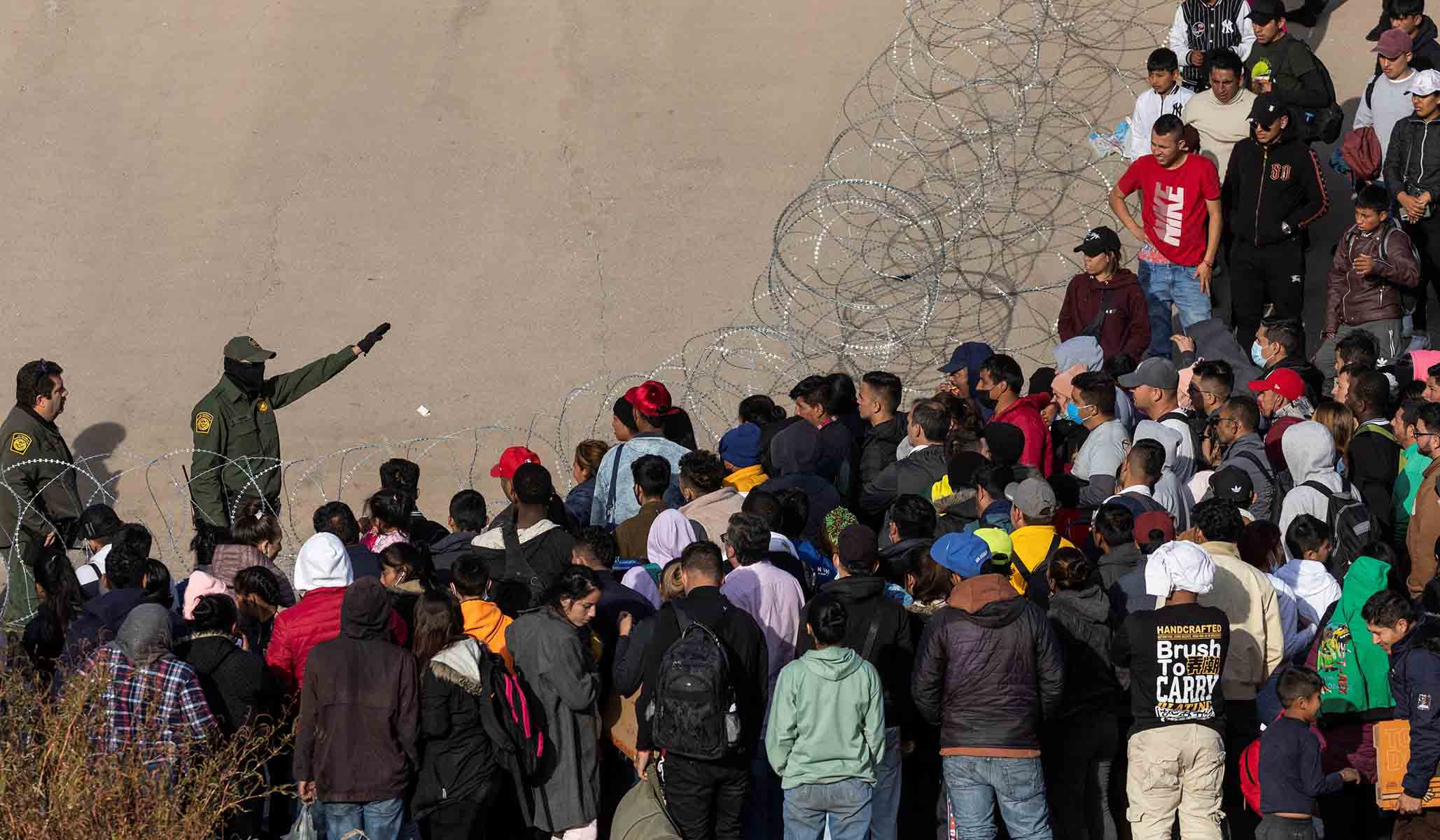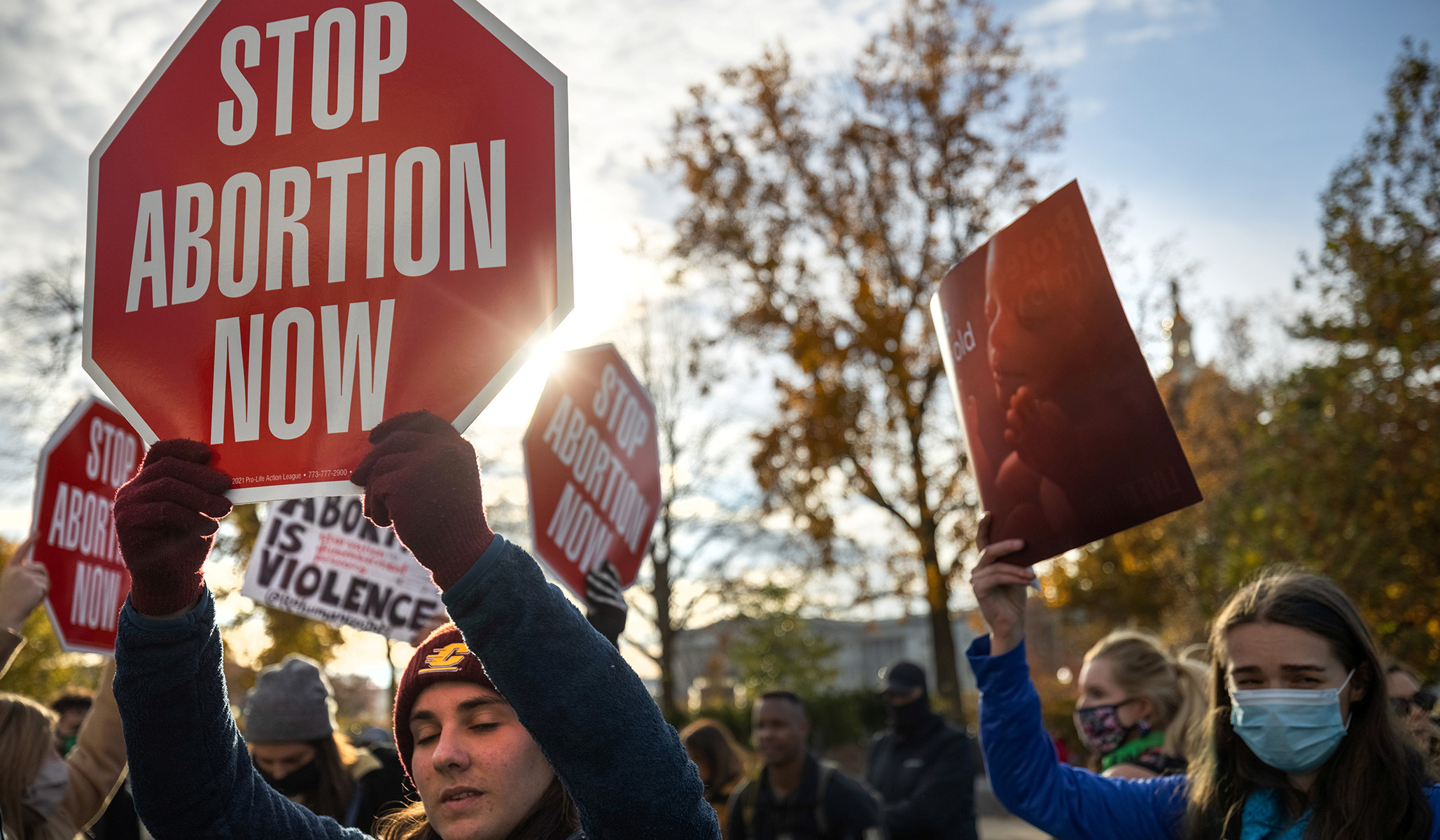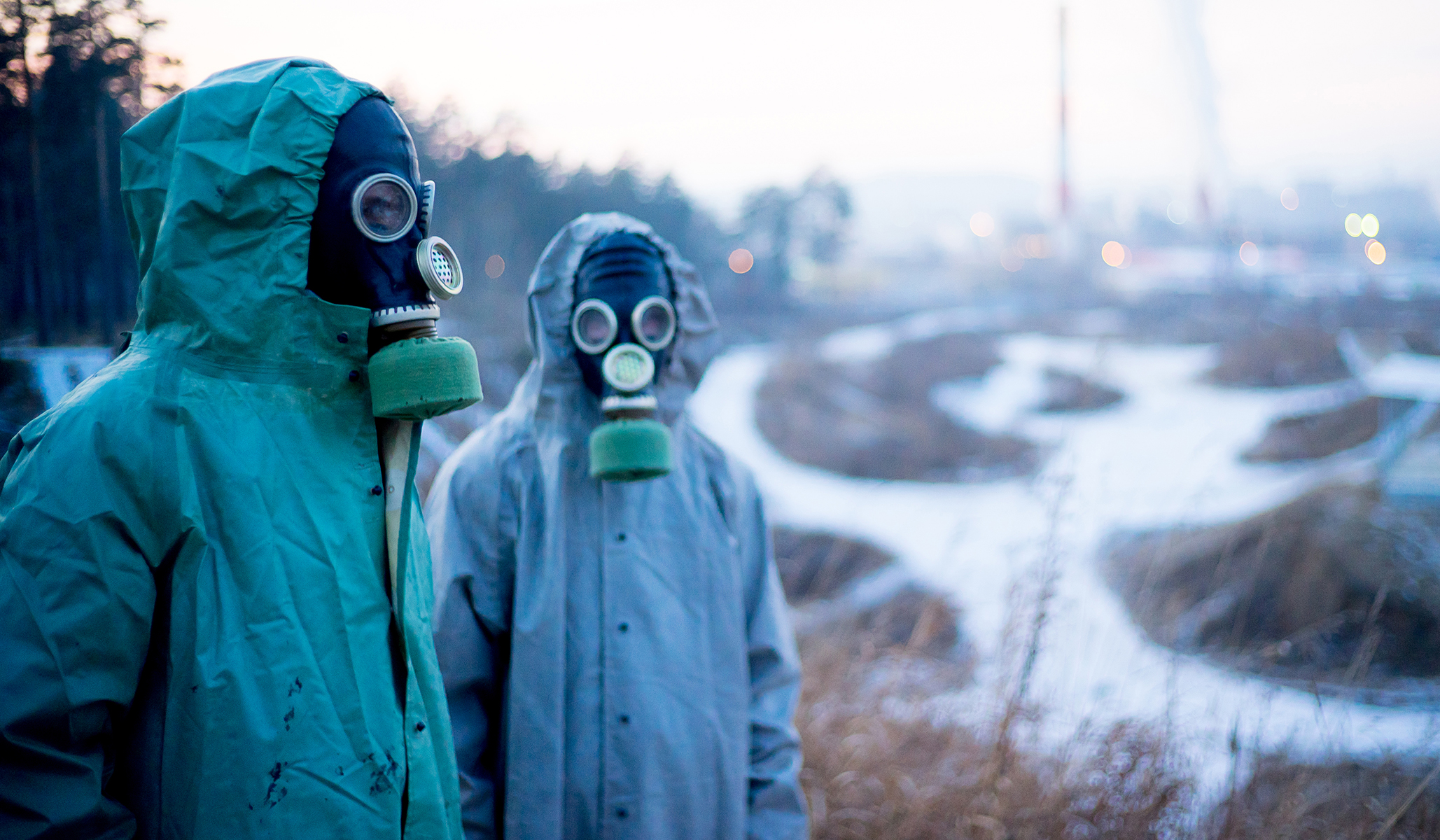
Do you have an inner voice that is also a doomsday prophet? Should you be listening to it? Have the supply-chain crisis, the runs on toilet paper, the increasing price of gas and meat made you anxious about how dependent you are on the functioning of a highly complex and, perhaps, highly fragile civilization?
If you think this whole sucker of a civilization is going down the drain, you are not alone, my friend. There are over 400,000 members of the subreddit r/collapse who think their nameless sense of dread stands up to reason. They helpfully explain precisely what they mean by collapse: “Defined as a significant decrease in human population and/or political/economic/social complexity over a considerable area, for an extended time.” Lots of people are going to die, probably. Or the complex networks that sustain the modern economy will fall apart, and because of that, well, lots of people are going to die.
Believers in imminent or inevitable collapse are not confined to one side of the political spectrum. There are a few interests every collapser shares. Everyone is keeping tabs on the war in Ukraine, just as they kept tabs on the Covid-19 pandemic. But refresh r/collapse throughout the day, and the entire political valence shifts. Sometimes, the reason for the imminent end of civilization as we know it are the right-wing psychopaths and the changing climate. At other times, it is the decadent left wing, with their fake values, fake currencies, and fake civilization, held together by technology and coercion where once there was trust. Haven’t you noticed the rural real-estate purchases of Bill Gates?
Closely related, but entirely distinct, are the online prepping communities. Collapsers are doomers predicting the end, while preppers are doers, readying themselves for whatever is next. They typically don’t use the word “collapse” but talk about when the sh** hits the fan, or SHTF for short. This could be the collapse of a government, the outbreak of civil war, or the kind of collapse that results in a decrease in the “economic complexity” of our civilization.
In the healthiest incarnations, the prepper community directs newcomers to take on mini-missions. First, put in place plans for basic safety issues in your own home — an actual discussed and rehearsed plan for when there is a fire or an intruder. Got it? Okay, now figure out the most likely adverse scenario you can afford to be prepared for — like the electricity being out for three days in winter — and collect the things you’ll need. Eventually, as your tolerance and budget for hedging against these risks increases, you start to work your way up to stockpiling weeks’ worth of water, canned goods, freeze-dried foods, wheels of cheese, and — of course — ammunition. Along the way, you’ll be inducted into long-term-prepare debates about whether you should plan to bug out — leave your home behind — in a crisis, or bug in — make your home a long-term shelter.
But the hard truth at the end of all the reading is that you can’t actually be prepared for everything. And in the long run you can’t go it alone. If there are mass-casualty events, wars that tear down our governments and drastically rewind the global economy, your household is very unlikely to be self-sufficient for more than a few weeks. Sure, you can buy rural land over an aquifer and master a great number of skills, but you need to sleep. You’ll need your neighbors, and perhaps an even larger community than that, if society ever really collapsed. The fact that a war in Ukraine is causing farmers the world over to reconsider their fertilizer supply tells us that just having a farm doesn’t leave you in any way “independent” of world events.
At their worst, the collapse and prepper mindsets are a way of avoiding the reality, which is that we are destined to die anyway and that we as creatures are more vulnerable to accidents, and our own vices, whether the society around us is weak or strong. If you’re going to die prematurely, it’s much more likely to be of a simple person-to-person mishap than in some grand universal calamity.
When friends or family have broached the idea about buying a rural property — a place to bug out to — I’ve tried to point out that civilizations don’t just collapse overnight. A list of the most important cities in the Western world has had London, Paris, and New York on it for a long time, through world wars, pandemics, and global economic depression. Even when civilizations do collapse, the inhabitants of those civilizations may not notice it. The Germanic chieftain Odacer deposed Romulus Augustulus in 476. For a great long time afterward, the people continued to be governed by Roman law, the Senate met, and the Roman army won great victories. There was serious disruption, but continuity as well. The Roman “SHTF” moment was really the Gothic siege of the 540s. Milan was utterly destroyed at this time. But it was rebuilt later.
Even if the collapse mentality makes civilization out to be more fragile than it is, and the prepper mentality makes an individual life look more reinforceable than it is, I think it would be a mistake for people to dismiss these impulses in themselves altogether.
There are basic, valuable skills and knowledge — about gardening, hunting, field-dressing an animal, treating wounds, or making a few wounds — that it’s easy to come into adulthood having missed altogether. It can feel deeply rewarding to engage in them even if they aren’t needed in an emergency.
And I suspect another impulse is lurking behind our doomers and preppers, one that doesn’t have to be ignored.
If there is a story of the last several centuries of human civilization, it is urbanization. More and more humans are coming out of the agricultural economy and into the cities. They long for the stimulation and freedom found only outside of tight-knit communities.
Why should we be surprised that some number of people — a smaller amount perhaps — long to travel in the other direction? Back to the land. Back to a slower rhythm of life, to tight-knit communities, where being “useful” but not in a big rush all the time is just part of fitting in. It can even be a desire to just go to a social milieu where being a conservative isn’t seen as a heresy. It can be just a deeper-than-usual satisfaction of growing and canning your own fruit and having a basement shelf loaded with more salsa from your own tomatoes than you know what to do with.
For some people, the sense of agency is found by getting out from concrete and into the dirt. On the Internet, our doomers prophesy the end of the way of life as we all know it. But with a single choice, they could start on a new way of life, if only for themselves.



